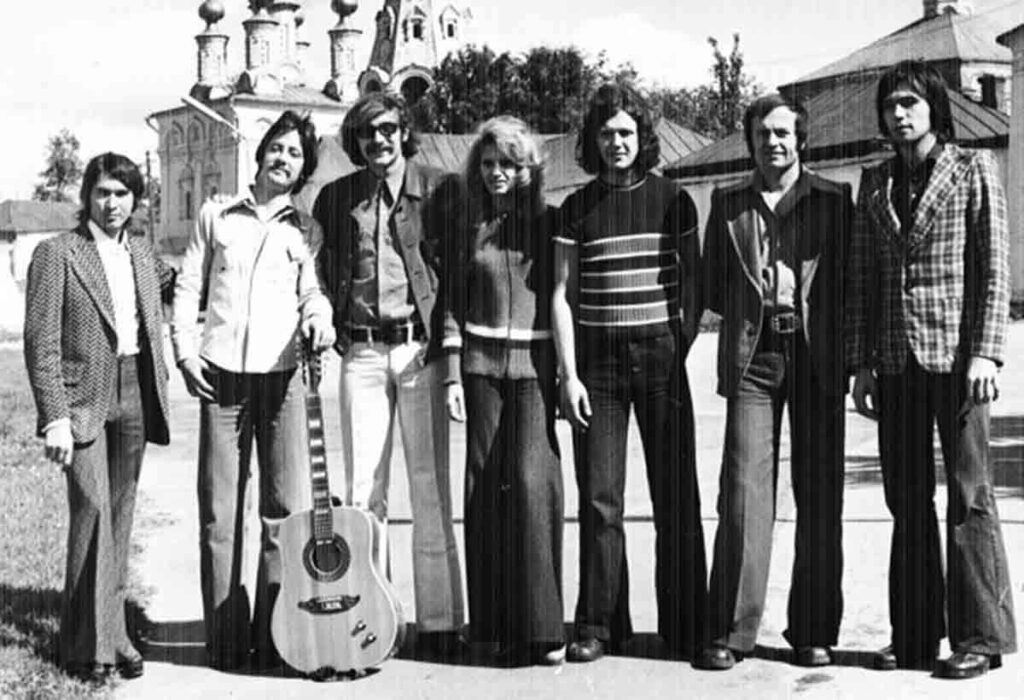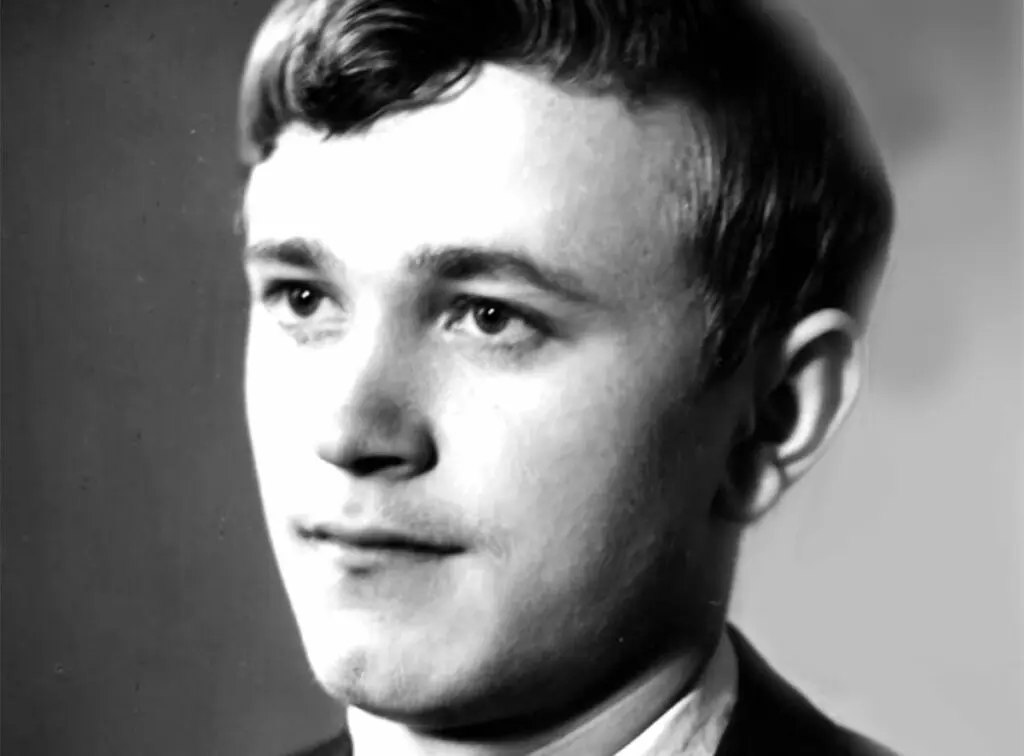The younger generation of music lovers perceived this group as ordinary people from the post-Soviet space with the appropriate repertoire. However, people who are a little older know that the title of pioneers of the VIA movement belongs to the Dobrye Molodtsy group. It was these talented musicians who first began to combine folklore with the beat, even classic hard rock.
A little background about the group "Good fellows"
The team "Good fellows" arose from the famous St. Petersburg team "Avangard 66", which was created in the summer of 1966 by jazz musicians. All of them were fluent in wind instruments, but with the advent of records with records in the union The Beatles the guys decided to retrain immediately.
Boris Samygin and Evgeny Bronevitsky mastered the guitar. Vladimir Antipin became a bass player, Lev Vildavsky retrained as a keyboard player. And Evgeny Baimistov became a drummer.
As their first musical experiments, the musicians played cover versions of popular Western bands such as The HollisThe Rolling Stones The shadows and others. The guys performed at various youth venues, in restaurants and cafes.
It was they who made the cult cafeteria "Eureka" in St. Petersburg, where young people from all over the city came. However, the joy was short-lived, constant public complaints forced the management to abandon the artists who made a profit.

Then the team temporarily belonged to the Donetsk Philharmonic. The musicians began to actively tour throughout the country. At one of the concerts, the musicians met the novice musician Yuri Antonov and invited him to join their team.
Despite the recognition and successful performances, the musicians wanted more - to develop professionally. In the late 1960s, they had a chance to change the situation.
In the summer of 1968, Joseph Weinstein drew attention to the musicians. And his orchestra joined the team, for the first time connecting a jazz band and a beat-rock group. A large team began touring, but such a life did not give room for creativity. The limits of a large organization did not allow the musicians to experiment. And this was the reason for parting with the popular orchestra.
The era of the team "Good fellows"
In 1969, Avangard 66 left for Lake Baikal, where the musicians got a job at the Chita Philharmonic. The long tour of the team ended in St. Petersburg, after which creative differences began in the team. And by the end of the year, the composition of the musicians has changed.
Bronevitsky left the first quartet. Mikhail Belyankov, who previously played in the Favorites group, was invited to the solo guitar. The piano was played by Vladimir Shafran, the wind section was represented by Vsevolod Levenshtein (Seva Novgorodtsev), Yaroslav Yans and Alexander Morozov.
At the same time, the team in the updated composition met with the Moscow delegation, which, after listening to the material, immediately offered to be under the wing of the Rosconcert association. It was impossible to miss such a chance, and the musicians agreed, deciding to abandon their former name and taking the name "Good fellows."

The first half of the 1970s was entirely devoted to touring life. The group's repertoire included a significant number of Russian folk songs in the original arrangement. As well as cover versions of the famous bands The Fortunes, The Beatles, Sweat & Tears, Blood, Chikago, etc. Like many VIAs, the band had one big problem - the inconstancy of the line-up. Many musicians either left the group or returned back.
Then for the first time vocalists began to appear in the group. The first was Svetlana Plotnikova, then she was replaced by Valentina Oleinikova. And then the famous Zhanna Bichevskaya appeared. In 1973, the band's first recording was released.
The guys performed the song "I'm going to the sea", which was included in the collection of works by David Tukhmanov. The group's first independent album was released in 1973. It included the track "Golden Dawn", which is a rehash of the hit by The Fortunes.
In early 1975, the founding fathers of the band left the group. And the new line-up continued to tour with the accumulated material. At one of the concerts, the performance of the musicians somehow did not please the officials. And the ensemble lost the support of the Rosconcert association. Literally a few months later, the “Good fellows” group with an updated line-up began independent creative activity.
Group in the 90s
The further life of the group was mainly on tour and session recordings of records on the verses of Soviet authors. Of the significant achievements - writing soundtracks for the films "Joke" (1977) and for the New Year's fairy tale "Magicians" (1982). In the same film, the team starred as the musicians of the Pamarin group.

The official date of the collapse of the VIA is 1990. However, in 1994, the team gathered again under the leadership of Andrei Kirisov in order to travel around the country with concerts with the old repertoire.
In 1997, a team with new members, mostly young talented musicians who brought new things to the group's sound, released the collection All the Best Songs of the 70s. In 2005, the group recorded the album "Golden Dawn". Despite the constant change of participants, the sound and spirit of the vocal-instrumental ensemble remained the same, with the spirit of the Soviet era, filled with hope, romance and joy.



